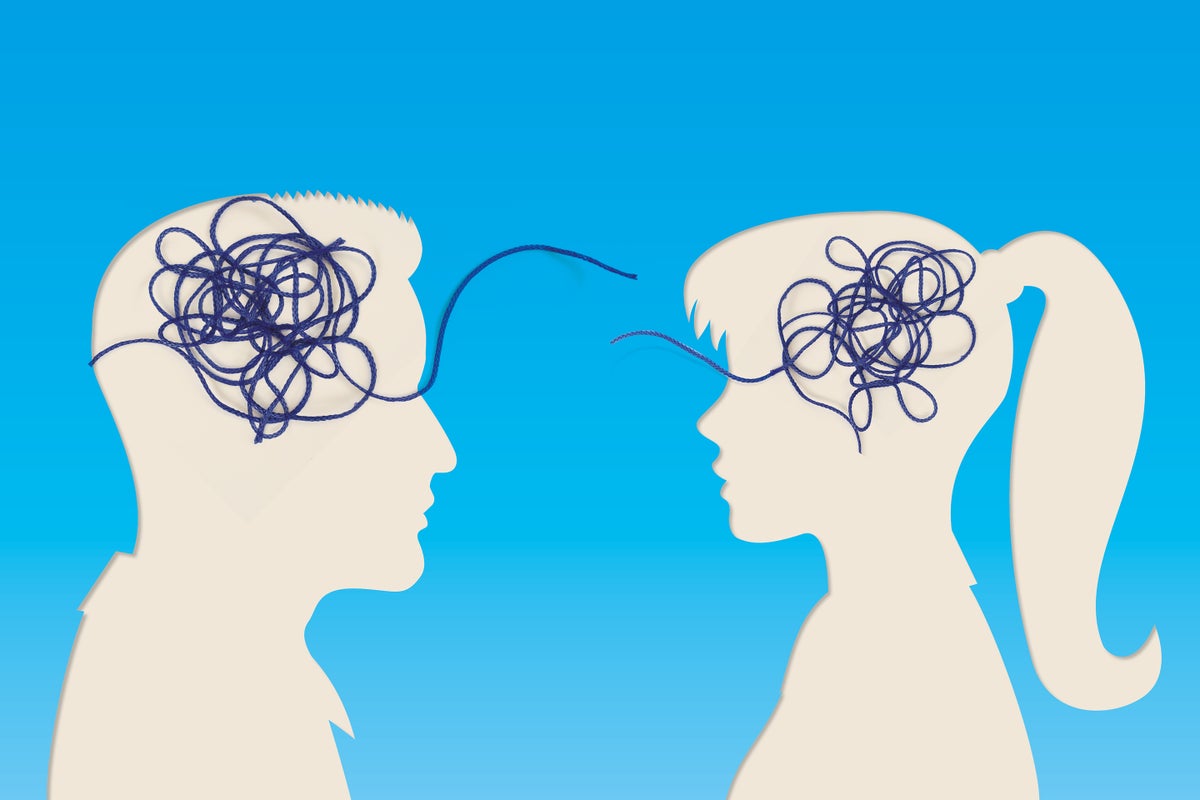
"I wrestle with some of these feelings myself. When I talk with people on the other side of a debate, I'm often tempted to push them to see things how I do. Or I may stay close to issues where I know we agree so we can have a conversation that feels safe and easy. But there is a third option for navigating these conversations: curious exploration."
"In recent years, neuroscientists have identified an important phenomenon: brain synchrony, in which brain activation in two or more people increases and decreases in similar regions at similar times. When people's brain activity is in sync, it seems to indicate a common interpretation and understanding of what they are experiencing. For example, when one person tells a story, and another understands it in the same way, the listener's brain aligns with the speaker's and even begins to anticipate what will come next."
People often react to political disagreements by trying to persuade others or by avoiding disagreement and sticking to safe topics. Research on brain activity during conversation reveals that brain synchrony—simultaneous increases and decreases in activation across individuals—correlates with shared interpretation and understanding. When listeners interpret a story the same way as speakers, their brains align and even anticipate upcoming content; when people bring different background information and assumptions, neural synchrony decreases. Cultivating an open, exploratory attitude that traverses a range of ideas and learns from others' experiences can yield more enjoyable and productive conversations than focusing primarily on changing minds.
Read at www.scientificamerican.com
Unable to calculate read time
Collection
[
|
...
]